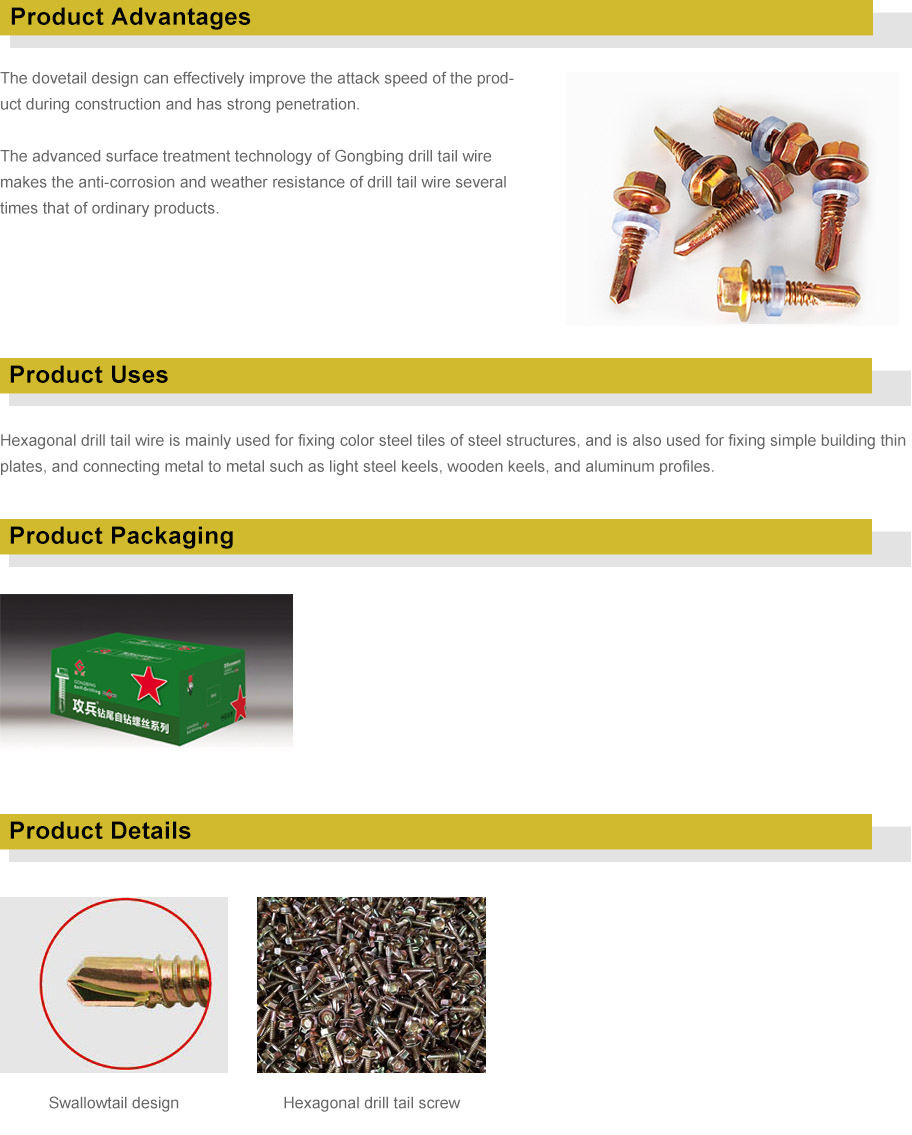concrete resin fixings
Concrete Resin Fixings An Essential Guide for Modern Construction
In the world of construction and building repair, the selection of the right fixing method is crucial. Among the various options available, concrete resin fixings have emerged as a preferred choice for many contractors and builders. These fixings provide robust and durable anchoring solutions that cater to a variety of applications. In this article, we will explore what concrete resin fixings are, their advantages, and the scenarios in which they are most effectively used.
What Are Concrete Resin Fixings?
Concrete resin fixings are anchors designed to secure objects to concrete surfaces using a chemical adhesive, typically composed of epoxy or polyester resin. This type of fixing involves drilling a hole in the concrete, inserting a fixing bolt or rod, and then filling the hole with resin. The resin cures and hardens, forming a strong bond between the fixing and the concrete substrate. Concrete resin fixings are increasingly popular for their reliability and strength in heavy-duty applications.
Advantages of Concrete Resin Fixings
One of the primary benefits of concrete resin fixings is their exceptional load-bearing capacity. When installed correctly, they can support a wide range of loads, making them suitable for heavy machinery, shelves, or structural elements. Here are some key advantages
1. High Strength Concrete resin fixings provide excellent tensile and shear strength, making them ideal for high-stress environments.
2. Versatility These fixings can be used in various concrete conditions, including cracked and uncracked concrete, which increases their applicability across different projects.
3. Chemical Resistance Many resin formulations are resistant to various chemicals and environmental factors, enhancing the long-term durability of the fixings.
4. Ease of Installation While some fixing methods may require specialized tools or extensive training, concrete resin fixings can often be installed easily with minimal equipment and expertise.
5. Non-Deterioration Unlike mechanical anchors that might degrade over time due to corrosion or fatigue, resin fixings remain stable and effective over many years, provided the installation is done correctly.
Applications of Concrete Resin Fixings
Concrete resin fixings can be used in various scenarios, including
concrete resin fixings

- Facade Attachments These fixings are often employed in attaching cladding or facades to structural concrete. Their strong bond ensures that the cladding remains secure against weather elements.
- Shelving Systems In commercial settings, heavy-duty shelving systems can be anchored securely using concrete resin fixings, ensuring that they can bear significant weight without risk of failure.
- Electrical Installations For installing electrical conduits or boxes onto concrete walls, resin fixings provide a reliable way to ensure that the installations remain secure and safe.
- Structural Applications In construction, concrete resin fixings can be used to anchor beams, columns, or other critical structural elements, providing the necessary strength and stability.
Best Practices for Installation
To achieve the best results with concrete resin fixings, it is essential to follow best practices during installation
1. Surface Preparation Ensure that the surface of the concrete is clean, dry, and free from debris. This enhances the bond between the resin and the concrete.
2. Proper Drilling Use the correct drill bit size as specified by the resin manufacturer. The diameter and depth of the hole should match the requirements for the specific type of fixing being used.
3. Mixing the Resin Follow the manufacturer's instructions for mixing resin components accurately. Proper mixing ensures optimal performance and bond strength.
4. Allowing Cure Time After applying the resin and inserting the fixing, allow ample time for the resin to cure fully before applying load or stress to the anchor.
Conclusion
Concrete resin fixings are a powerful solution for a variety of anchoring needs in construction and renovation projects. Their strength, versatility, and resistance to environmental factors make them a reliable choice for securing a wide array of objects to concrete surfaces. By understanding their advantages and following proper installation techniques, builders and contractors can leverage the benefits of concrete resin fixings to create safe and durable structures that stand the test of time.
-
Weatherproof Plastic Expansion Anchors for OutdoorNūhouJun.06,2025
-
Sustainability in the Supply Chain: Eco-Friendly TEK Screws ProductionNūhouJun.06,2025
-
Load-Bearing Capacity of External Insulation FixingsNūhouJun.06,2025
-
Double Head Bolts: Enhancing Efficiency in Industrial MachineryNūhouJun.06,2025
-
Corrosion Resistance in Chipboard Screws: Coatings for Wholesale DurabilityNūhouJun.06,2025
-
Butterfly Toggle Bolts : Enhancing Structural ResilienceNūhouJun.06,2025
